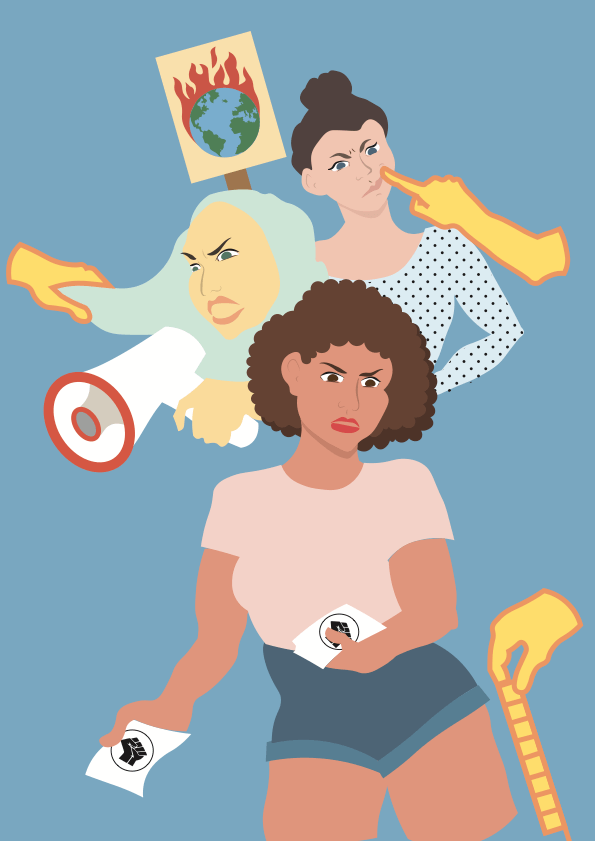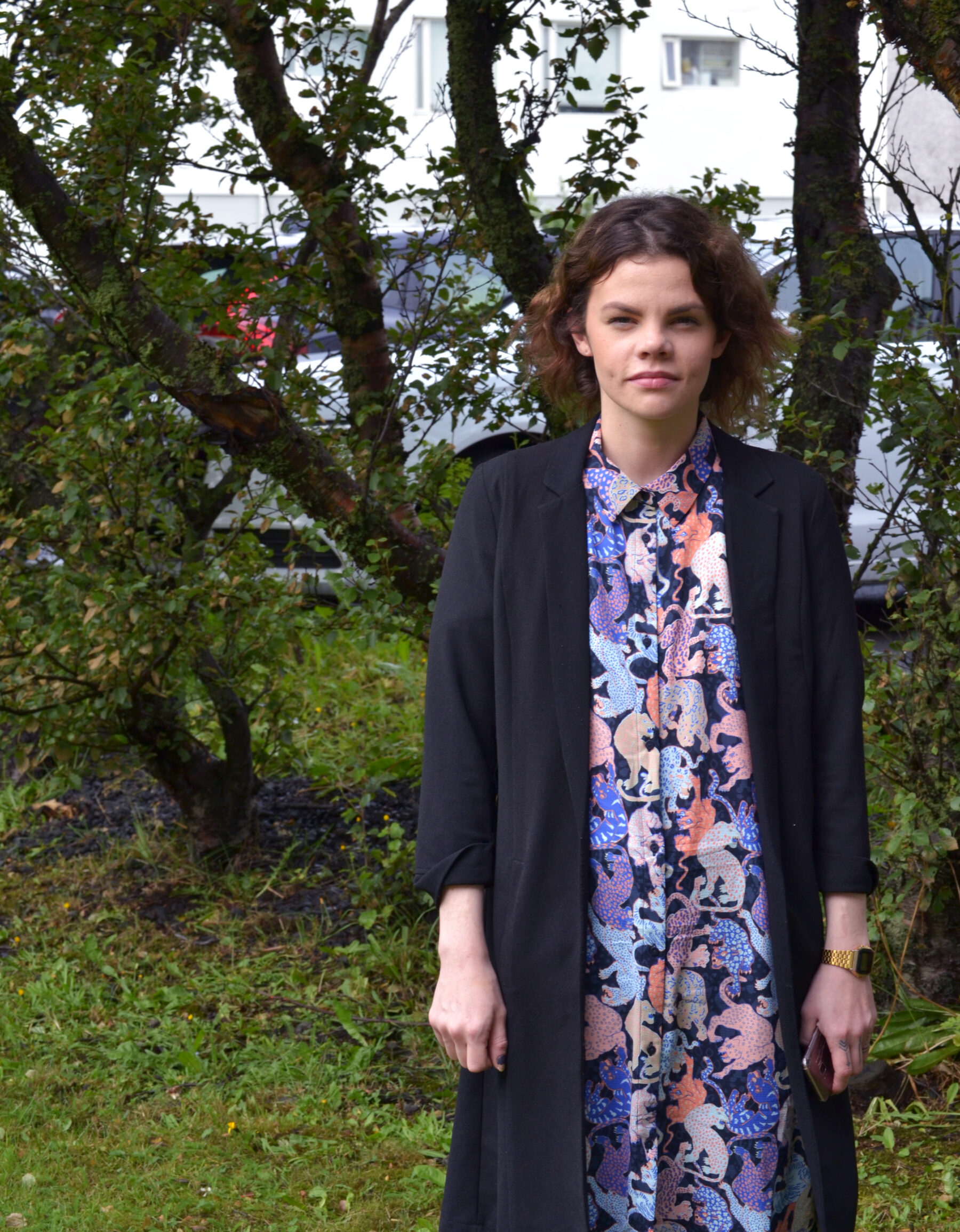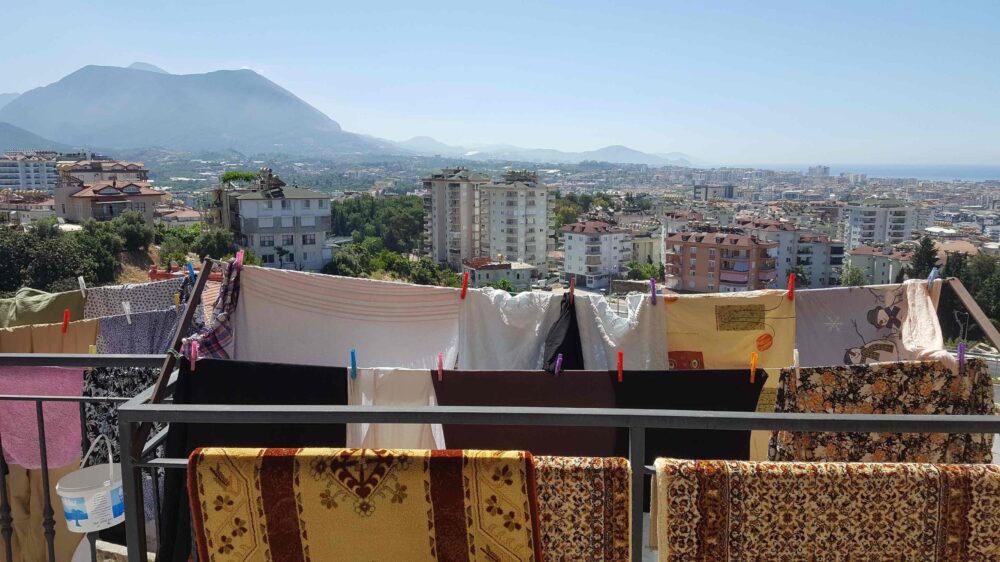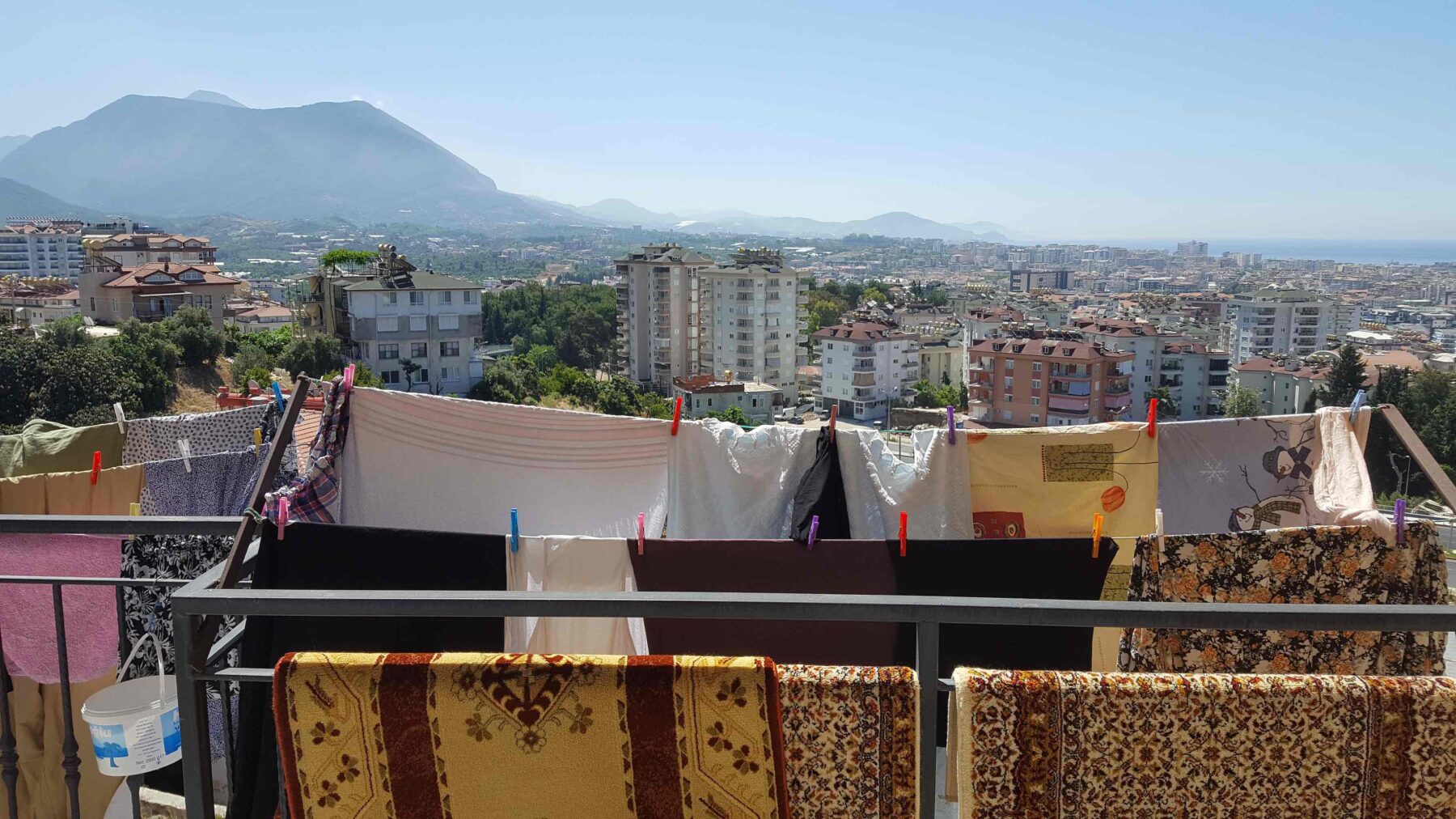I am writing this on the eve of the Finnish municipal elections. Despite the Covid-19 pandemic, I have been able to campaign in sunny weather, and have been grateful, even surprised, for the support and encouragement that I have received in recent weeks.
At the same time, I am very aware that many candidates – particularly those campaigning for the first time – do not have similar support networks as I do. Right now it seems that many candidates need that support more than ever. It has been alarming to hear the reports about the increase of hate speech during the pandemic in Europe. In the current Finnish election season, particularly women and people from minority backgrounds, have faced a shocking amount of hate hurled at them.
As a young woman, I have received my own fair share of demeaning and harassment. During my first parliamentary election campaign, my then public phone number was filled with disturbing and lewd messages, voicemails, dick pics and harassment.
Last year, as a new member of the European parliament, I tried to enter a meeting of the parliament’s foreign affairs committee, but the security personnel did not believe I was an MEP. I was too young, too woman. I was allowed to enter when a male colleague arrived to vouch for my credentials.
Nevertheless, I have still encountered a lot less harassment than many of my friends and colleagues. For example, I constantly see around me how racialised political activists receive much more hate and harassment than I do.
We know from studies that online harassment and hate speech has become more common. Women and minorities are targeted most often. Online hate can take many forms, like intimidation, threats, name-calling, and attempts to humiliate and question one’s credibility.

It’s important to remember that this hate speech does not hurt only the victim, but it also hinders the possibility of participating in society, particularly for women and minorities. In Finland, an increasing number of people asked to run as a candidate declined, citing hate speech as their reason for doing so.
It is no exaggeration to claim that widespread hate speech is a threat to the fundamental functioning of our democracies.
According to a study conducted in Finland, approximately every third decision-maker on the municipal level has experienced hate speech – the corresponding figure for women was 42 percent. Also, racialised decision-makers experienced hate speech more often than others – and simply defending minority rights exposes one to hate speech.
Every third decision-maker in the study admitted that hate speech has decreased their interest to participate in politics. Surveys have confirmed that it has also reduced citizens’ willingness to participate in public discussions. This is not surprising, because the objective of hate speech is exactly that: to silence its victim.

The threat hate speech poses to a society must be taken seriously and we must be able to protect people from it a lot more effectively than we currently do.
In Finland, this would mean things like, adding gender as a basis for stricter punishment or making hate speech targeted towards an individual be recognised and punishable by law.
Furthermore, sufficient means are needed to investigate hate crimes. Currently, too many investigations are halted due to a lack of resources. Some authorities continue to believe that online crimes are not as serious as other crimes, despite the internet being an irreplaceable part of our everyday lives.
The European Union must demand all its member states establish legislation to prevent hate speech and racism according to a commonly agreed framework. As of this spring, neither Finland nor Sweden, among others, has yet to do so. The EU should also use its economic influence to regulate social media platforms, to prevent them from fuelling hate speech.


All of us as individuals can also fight against hate speech and harassment. By pushing for better legislation, defending others, reporting all unacceptable behaviour, and supporting our fellow activists by helping them in moderating.
Everyone must have equal opportunities to live and act in society as they are. Let’s make that a reality!
Beyond the grey, babypink lies


My Right to Exist


Feminism for Everyone, Middle Eastern Women Included


Vihapuhe ja syrjintä on uhka demokratian toteutumiselle


Read more about...
